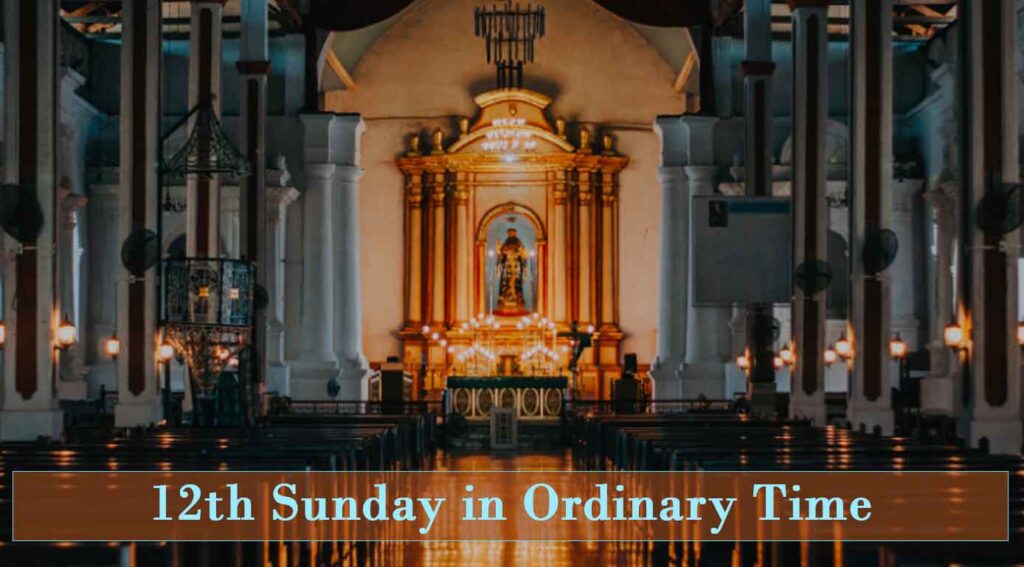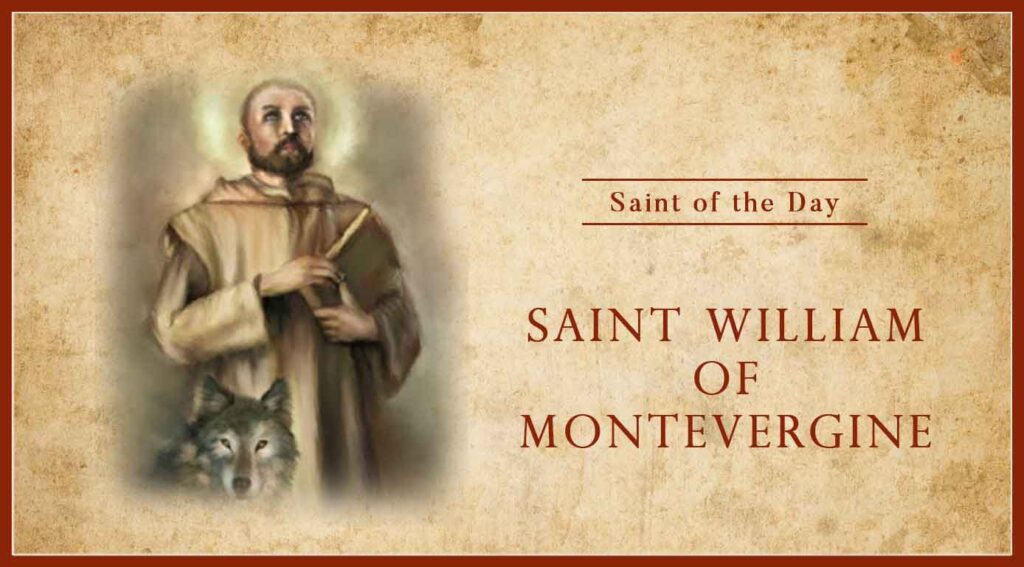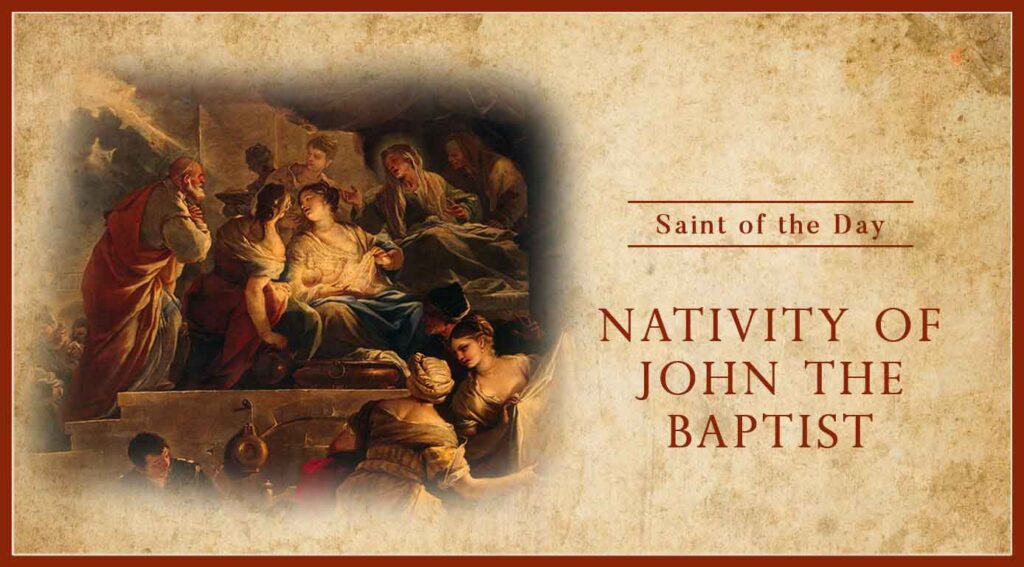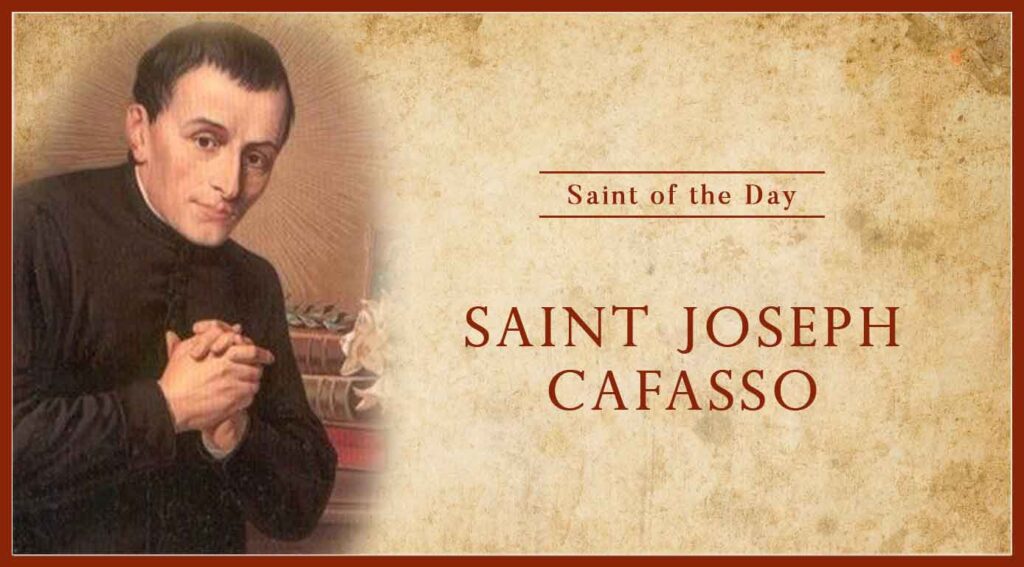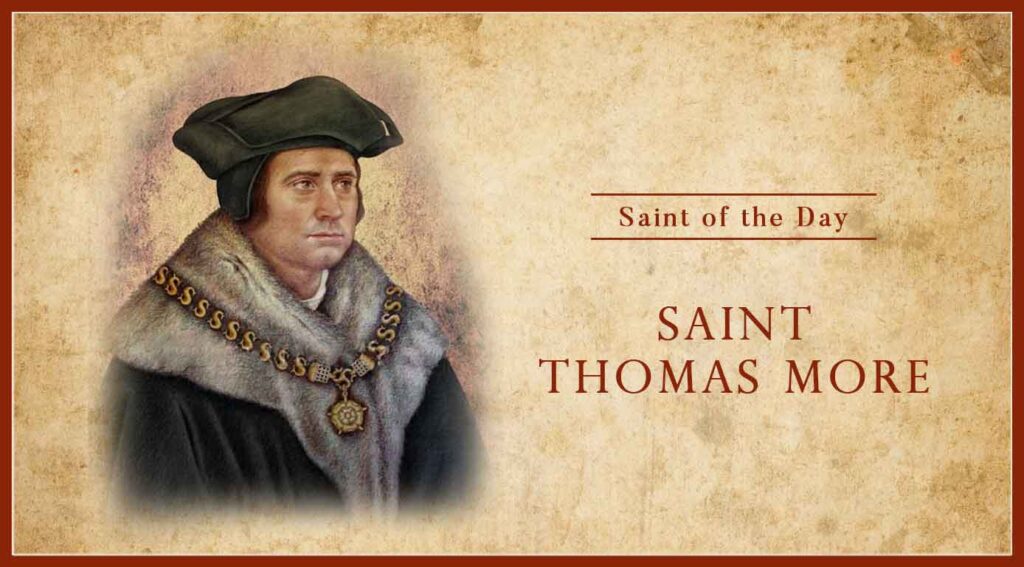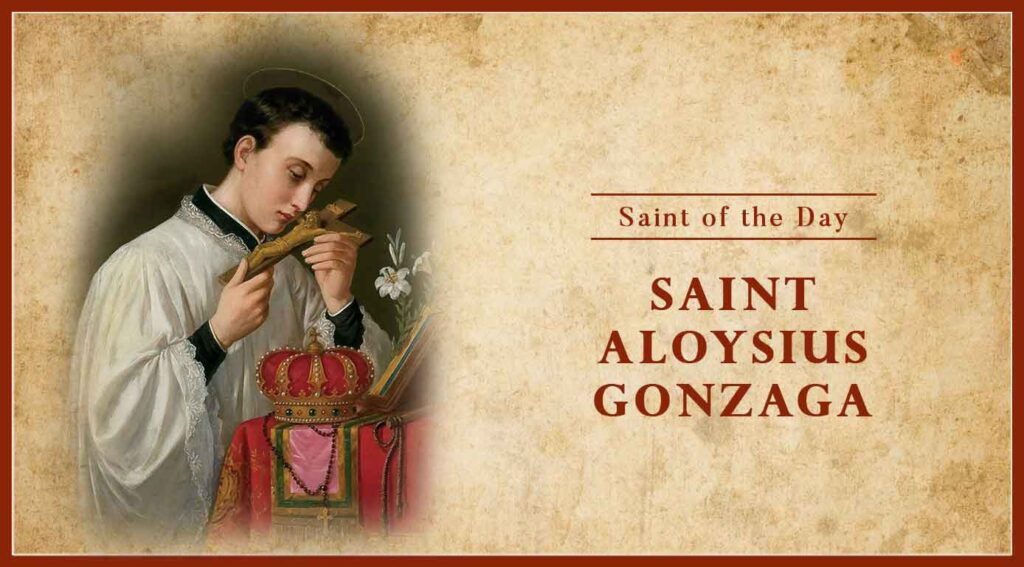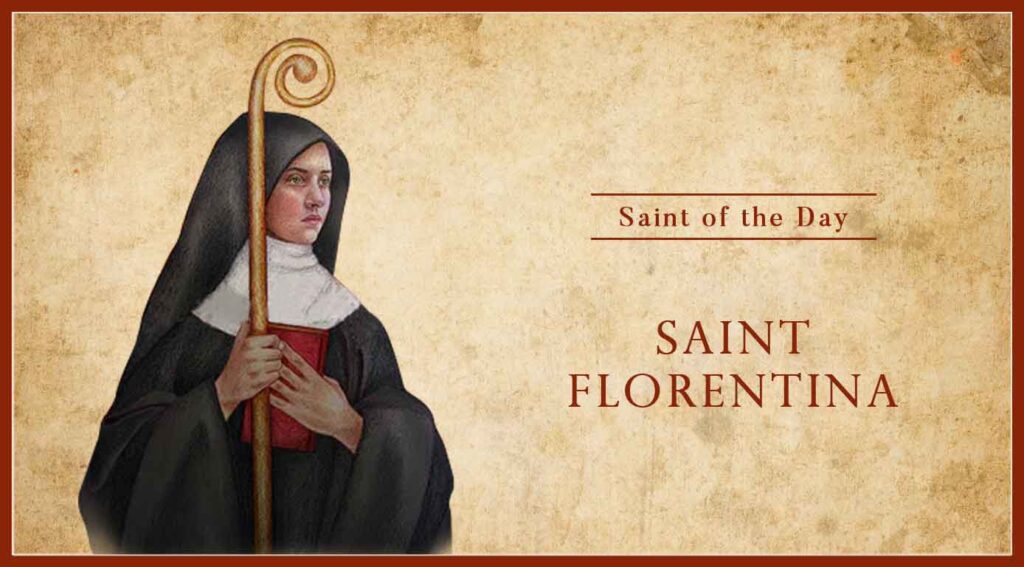12th Sunday in Ordinary Time
First Reading: Jer 20:10-13
Jeremiah said:
"I hear the whisperings of many:
'Terror on every side!
Denounce! let us denounce him!'
All those who were my friends
are on the watch for any misstep of mine.
'Perhaps he will be trapped; then we can prevail,
and take our vengeance on him.'
But the LORD is with me, like a mighty champion:
my persecutors will stumble, they will not triumph.
In their failure they will be put to utter shame,
to lasting, unforgettable confusion.
O LORD of hosts, you who test the just,
who probe mind and heart,
let me witness the vengeance you take on them,
for to you I have entrusted my cause.
Sing to the LORD,
praise the LORD,
for he has rescued the life of the poor
from the power of the wicked!"
Responsorial Psalm: Ps 69:8-10, 14, 17, 33-35
Response– Lord, in your great love, answer me
For your sake I bear insult,
and shame covers my face.
I have become an outcast to my brothers,
a stranger to my mother's children,
Because zeal for your house consumes me,
and the insults of those who blaspheme you fall upon me.
R– Lord, in your great love, answer me
I pray to you, O LORD,
for the time of your favor, O God!
In your great kindness answer me
with your constant help.
Answer me, O LORD, for bounteous is your kindness;
in your great mercy turn toward me.
R– Lord, in your great love, answer me
"See, you lowly ones, and be glad;
you who seek God, may your hearts revive!
For the LORD hears the poor,
and his own who are in bonds he spurns not.
Let the heavens and the earth praise him,
the seas and whatever moves in them!''
R– Lord, in your great love, answer me
Second Reading: Romans 5:12-15
Brothers and sisters:
Through one man sin entered the world,
and through sin, death,
and thus death came to all men, inasmuch as all sinned—
for up to the time of the law, sin was in the world,
though sin is not accounted when there is no law.
But death reigned from Adam to Moses,
even over those who did not sin
after the pattern of the trespass of Adam,
who is the type of the one who was to come.
But the gift is not like the transgression.
For if by the transgression of the one the many died,
how much more did the grace of God
and the gracious gift of the one man Jesus Christ
overflow for the many.
Alleluia:
Alleluia, alleluia. The Spirit of truth will testify to me, says the Lord;
and you also will testify. Alleluia, alleluia.
Gospel: Matthew 10:26-33
A reading from the holy Gospel according to Matthew
Jesus said to the Twelve:
"Fear no one.
Nothing is concealed that will not be revealed,
nor secret that will not be known.
What I say to you in the darkness, speak in the light;
what you hear whispered, proclaim on the housetops.
And do not be afraid of those who kill the body but cannot kill the soul;
rather, be afraid of the one who can destroy
both soul and body in Gehenna.
Are not two sparrows sold for a small coin?
Yet not one of them falls to the ground without your Father's knowledge.
Even all the hairs of your head are counted.
So do not be afraid; you are worth more than many sparrows.
Everyone who acknowledges me before others
I will acknowledge before my heavenly Father.
But whoever denies me before others,
I will deny before my heavenly Father."
The Readings and Gospel were sourced from:
12th Sunday in Ordinary Time Read More »


